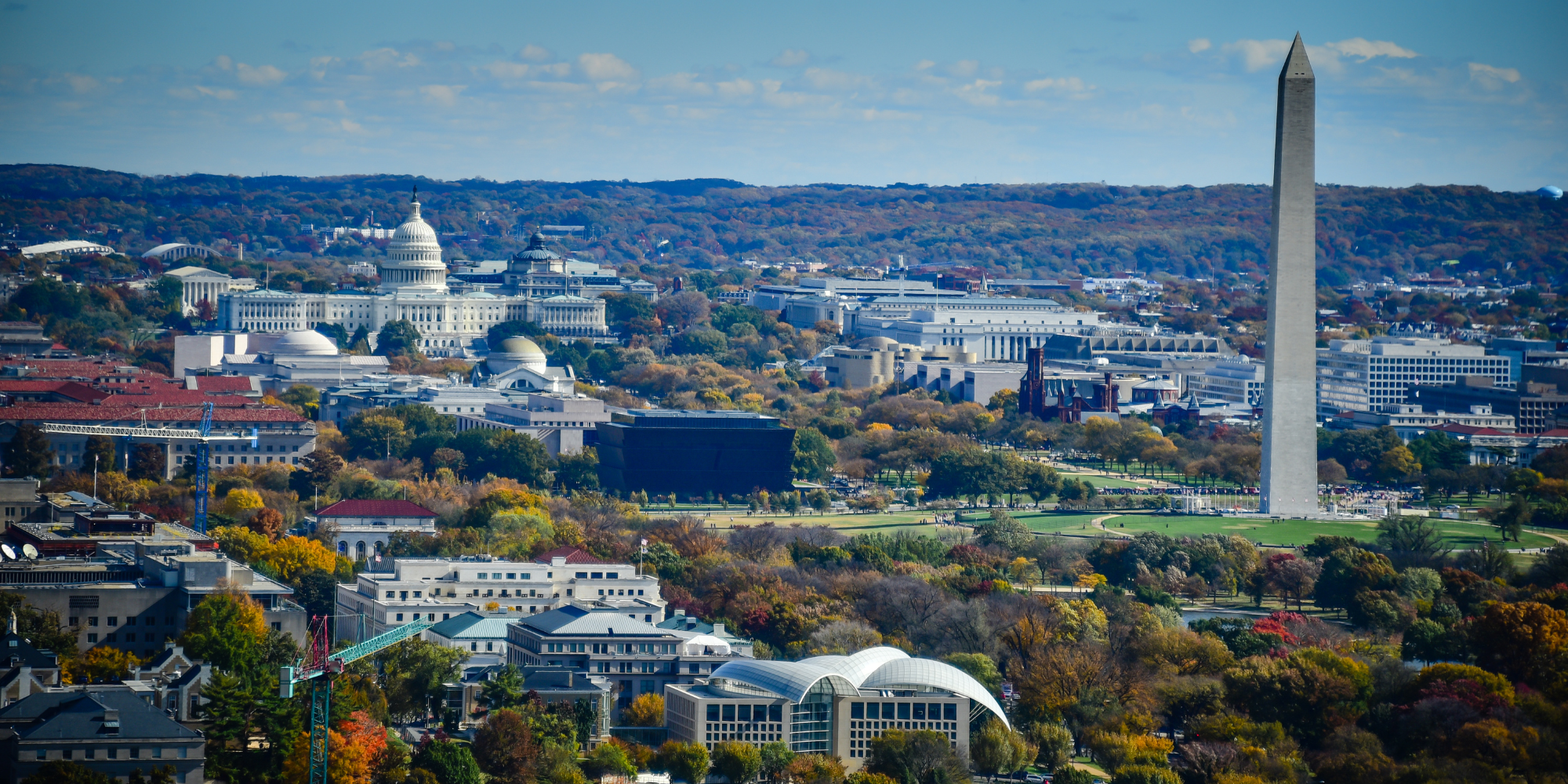Update as of 4/28/23: The House of Representatives passed the Limit, Save, Grow Act of 2023 by a vote of 217-215, with four Republicans voting against the package.
Wall Street analysts are predicting that the U.S. Department of Treasury will exhaust its ability to pay its obligations in late June or July—what is called the “X-date”. Therefore, not much will happen in terms of negotiation between House Speaker Kevin McCarthy, President Joe Biden, and Senate Majority Leader Chuck Schumer until the U.S. Treasury gets within a couple weeks of the X-date, and then NLC expects negotiations to pick up in earnest.
On the State and Local Fiscal Recovery Funds (SLFRF) program front, the Congressional Budget Office, the official score keeper for Congress, said the rescission would happen broadly across all six Covid-era packages that Congress passed between 2020-2022. The rescissions would total approximately $30 billion, but not touch the SLFRF program.
McCarthy’s plan proposes a 22% cut in discretionary spending for FY 2024. Without seeing the appropriations bills to see how the cuts are distributed, it is reasonable to assume that all programs—for example, formula grants—would be reduced by 22% next fiscal year if this legislation passes.
The Limit, Save, Grow Act of 2023 also hollows out the Inflation Reduction Act (IRA). Key energy provisions, including 28 tax credits, are gutted: electrification rebates, residential energy efficiency tax credits, EV tax credits, renewable tax credits (the investment tax credit and the production tax credit), and hydrogen and nuclear tax credits. It is would also undo as if it never existed the direct pay provision of IRA, which allows tax-exempt entities (e.g. cities) to receive cash in lieu of tax credits.
McCarthy’s bill also includes H.R. 1, Lower Energy Costs Act, which would repeal three provisions that benefit cities and residents.
On January 19, 2023, U.S. Treasury Secretary Janet Yellen sent a letter to House Speaker Kevin McCarthy announcing the government hit the debt ceiling and would begin taking “extraordinary measures” to conserve cash in order to prevent a default on the nation’s debt. In her letter, Yellen indicated the Treasury could use extraordinary measures for a few months, setting a target date of early June as the time when the Treasury would exhaust its ability to pay its obligations.
Congress and the White House are not in agreement on next steps to raise or suspend the debt limit, as has been done in all past instances. Negotiations between the two appear stuck, with the House Republican Majority seeking concessions from the White House in the form of federal spending cuts to a variety of programs. The House Democratic minority and the White House have so far refused cuts and favor passing a “clean” debt ceiling increase, meaning one with no cuts in spending associated with it.
President Biden indicated a willingness to meet with House Speaker McCarthy, and will meet with McCarthy on Wednesday, February 1, but the way forward to resolving the impasse remains uncertain.
Uncertainty About How Long Congress and The White House Have to Reach an Agreement
The Treasury indicated early June is the date when the department will no longer be able to pay its obligations. This date is a moving target.
In April, the federal government will see an influx of cash with the tax filing deadline, which could extend how long the Treasury can continue to pay its obligations for a few weeks or a month. However, if the U.S. slides into recession, the cash collected by the federal government could be less than expected, causing the Treasury to run out of cash sooner.
The unpredictability of when the Treasury will exhaust its extraordinary measures means that a delay in finding a deal could inject uncertainty into financial markets, which could be consequential for cities, towns and villages.
How Could Municipalities be Impacted by a US Government Default?
Domestic discretionary spending, which includes federal grants for local governments, is often the part of the federal budget most vulnerable to cuts.
Of every dollar spent by the government, 25 cents is spent on Medicare and other healthcare programs, 21 cents is spent on Social Security, 13 cents is spent on defense, 7 cents is spent on retirees and veterans, and 7 cents is spent on debt service. Combined, these areas of spending represent nearly 75 percent of all government spending. Although this part of the federal budget is usually off limits to cuts, this time some House GOP lawmakers are seeking to place entitlement cuts on the table. Others do not.
Cuts to the remaining 25 percent could be big and could hit local governments hard. According to one municipal securities expert NLC spoke to, funding for infrastructure is one area where cities could see support from the federal government slashed, leaving cities to make up the gap in their budgets from reduced federal spending. Other areas that could be affected include education and housing.
Financial markets could also be impacted by a federal default or even just the uncertainty around not raising the debt limit. In 2011, America faced a similar impasse, where Congress and The White House disagreed about raising the debt ceiling. While the debt limit was raised in time to avoid a default, equity markets were roiled and liquidity in debt markets dried up.
If the U.S. defaults, it would raise borrowing costs for municipalities, leaving less money to go towards cities’ projects and forcing more money to be directed to cover debt service.
For smaller cities, a default could have a profound effect. It would have impacts on city operations, as municipalities vie to make their debt offerings more attractive in the marketplace.
Mayor Mark Shepherd of Clearfield City, Utah and chair of the Finance, Administration and Intergovernmental Relations Federal Advocacy Committee at NLC said that his city would be forced to strengthen its credit to attract investor dollars in a market where there is less liquidity. He said that the city would have to boost coverage ratios, save more cash, increase fees and taxes all “to make the case that Clearfield debt is still worth the risk.” If a city is saving cash that means less investment back into the community and increasing taxes would impact the lives of residents and possibly decrease spending by residents at local businesses.
A default would also mean higher interest rates for all types of debt at a time that residents and businesses are experiencing high inflation. The one-two punch of increasing interest rates and inflation would mean that mortgage rates would go up, businesses’ borrowing costs would increase, and businesses and residents would have fewer dollars to invest in local communities. The likely net effect for sales tax driven economies would be to see a decrease in receipts. But this could go further and effect property taxes, as mortgage rates would rise, impacting property prices, and remissions from businesses to local governments could decrease, as local governments raise taxes and residents have fewer dollars to spend on goods and services.
Takeaway
The US has been in a similar position before, and each time a bipartisan majority ultimately found a way forward before the debt limit was crossed. But with a slim majority in the House and partisanship still running high following the midterm elections, there appear to be fewer Members of Congress willing to compromise this time.
At this time, rating agencies, who are in the forecasting business, as well as markets, still believe that Congress and The White House will get through this moment. The question is at what cost to cities.









